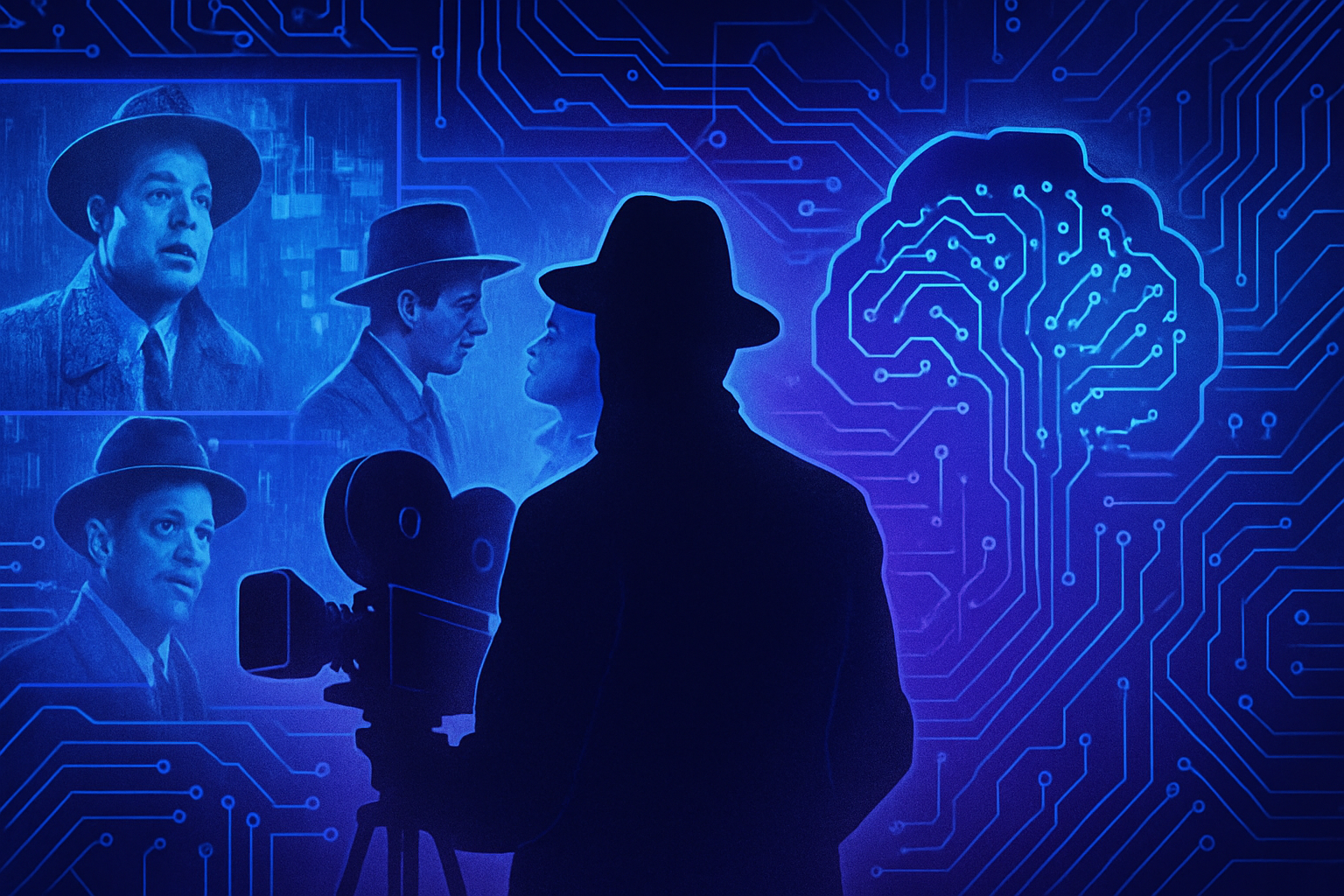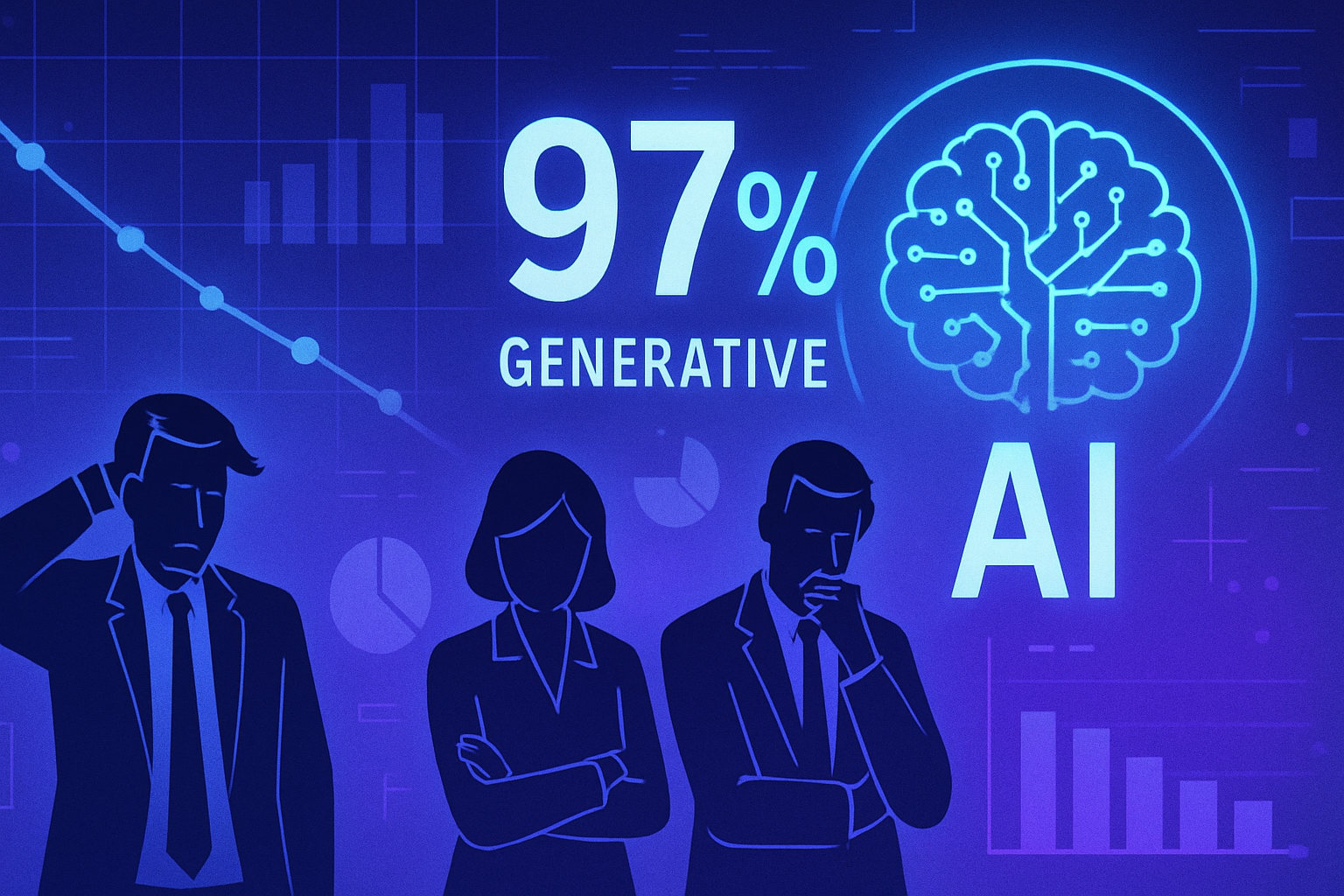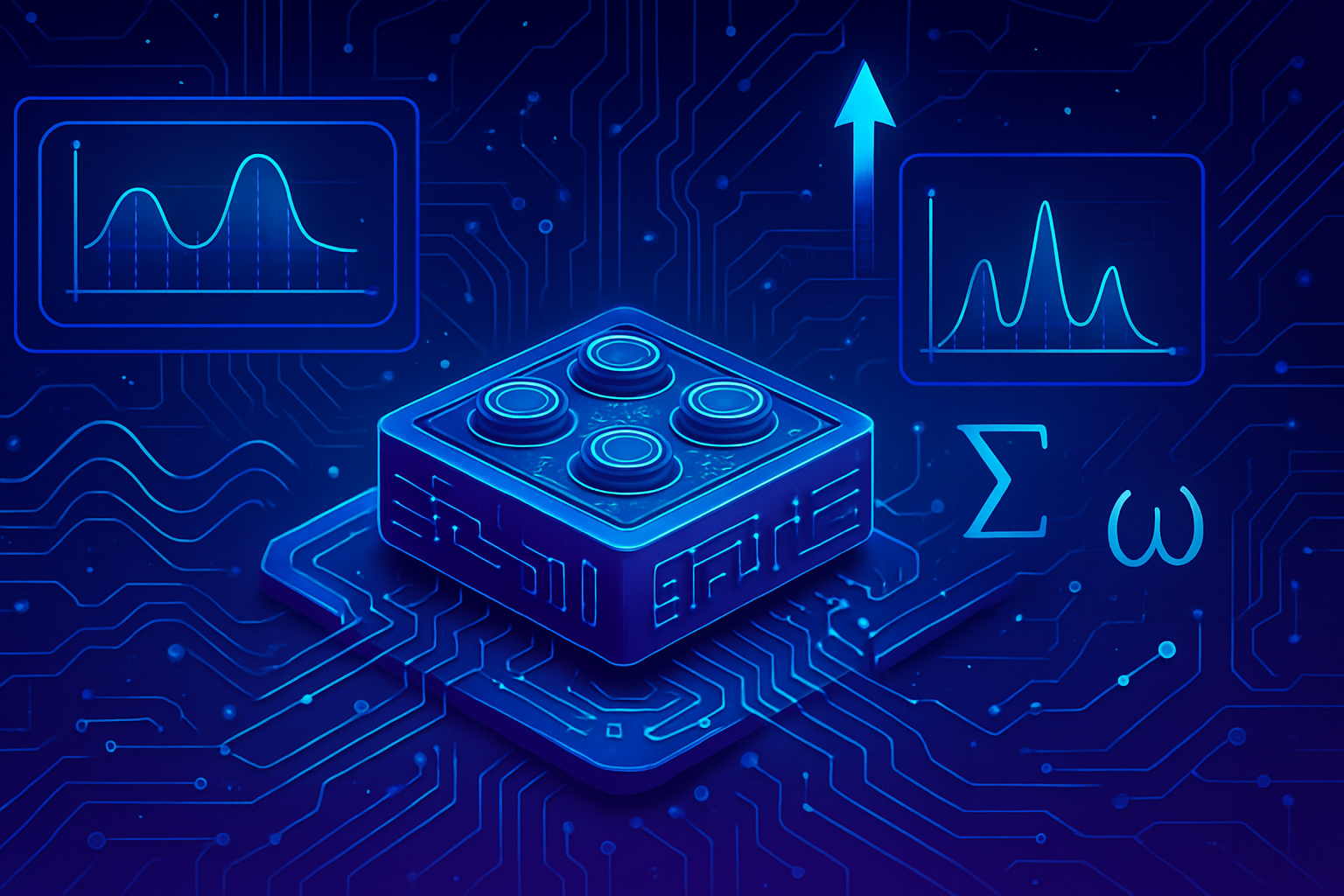The history of technological progress will inevitably reveal a surprising cycle: a period of instability followed by renewal. The rapid rise of artificial intelligence necessitates heightened vigilance against a potential financial bubble. Major players are investing over 750 billion dollars in data centers, but the uncertain future raises questions about the sustainability of this revolution. In this unprecedented dynamic, the risk of chokers and industrial vicissitudes looms, promising unexpected twists before the much-anticipated golden era.
The Dynamics of Artificial Intelligence and Its Revolutionary Cycles
The technological revolution synchronizes its developments with oscillating cycles, characterized by phases of adoption followed by creative destruction. This sequence becomes evident in the swift emergence of artificial intelligence (AI) within contemporary industries.
Colossal Investments by Technology Giants
More than 750 billion dollars will be invested by major tech players in AI data centers, a phenomenon whose projections reach 3 trillion dollars by 2029. Such an explosion of investments reflects the growing significance of AI in the global economic landscape.
Risks Associated with Artificial Intelligence
The challenges associated with AI cannot be overlooked. Experts, like the renowned Michael Perez, warn that AI seems to be in a bubble phase. This dynamic exposes the market to potential risks of drops and instability before a golden era manifests. This anticipated crisis could hinder several sectors, causing a significant impact on the economic environment.
Revolution in the Medical Sector
In the medical field, AI is establishing itself as an essential ally. A recent study shows that emergency physicians can benefit from this technology to manage patients suffering from severe trauma. This represents a considerable advancement for patient well-being and an improvement in medical care.
Investments and Innovations
Arago, an innovative company in the sector, recently raised 26 million dollars to develop an artificial intelligence chip. This chip would be up to 10 times more efficient than a conventional GPU, promising a technological revolution in data processing.
Geopolitical Strategies Related to AI
The stakes of artificial intelligence transcend the simple technological framework. Former President Donald Trump urged Silicon Valley to unleash its AI potential to ensure the global supremacy of the United States. Such a statement emphasizes the strategic importance of AI on the international stage.
AI and Innovation
This technology is also looking into complex equations, driving innovation in medications and materials. Advances made in this domain could lead to major discoveries, influencing various industrial sectors.
In the face of these rapid developments, companies must adapt and anticipate the transformations announced by AI, whether they be new challenges or unprecedented opportunities. The upcoming period promises to be exciting but risky, plunging the industry into the dawn of an unprecedented upheaval.
Frequently Asked Questions about the Revolutionary Cycle of Artificial Intelligence
What is the revolutionary cycle mentioned in the context of artificial intelligence?
The revolutionary cycle refers to a series of stages where a new technology, like artificial intelligence, is first adopted massively, followed by a phase of creative destruction where old business models and technologies may collapse before giving way to new innovations.
Why is artificial intelligence currently considered to be in a bubble phase?
Currently, artificial intelligence is perceived as being in a bubble phase because there is excessive speculation and an overvaluation of its capabilities, leading to unrealistic expectations before real and sustainable benefits manifest.
What risks are associated with this bubble of artificial intelligence?
The risks include the possibility of a market collapse if companies fail to deliver on their promises, resulting in significant financial losses and a slowdown of innovation in the sector.
How can companies prepare for a potential downturn in the field of artificial intelligence?
Companies should focus on viable business models, invest in solid research, and diversify their AI applications to mitigate the negative impacts of a possible downturn.
Which industrial sectors could be most affected by the emergence of a new era of artificial intelligence?
Sectors such as finance, health, logistics, and information technology are likely to be profoundly transformed, rendering some practices obsolete while creating new opportunities.
How can we know if we are entering a new golden era of artificial intelligence?
Indicators such as successful widespread adoption, the creation of new industrial standards, and tangible improvements in efficiency and profitability will contribute to confirming entry into a golden era.
What warning signs may indicate instability in the field of artificial intelligence?
Signs include the proliferation of unviable start-ups, market saturation with similar products, and increasing negative reports concerning the safety, ethics, and reliability of AI technologies.






